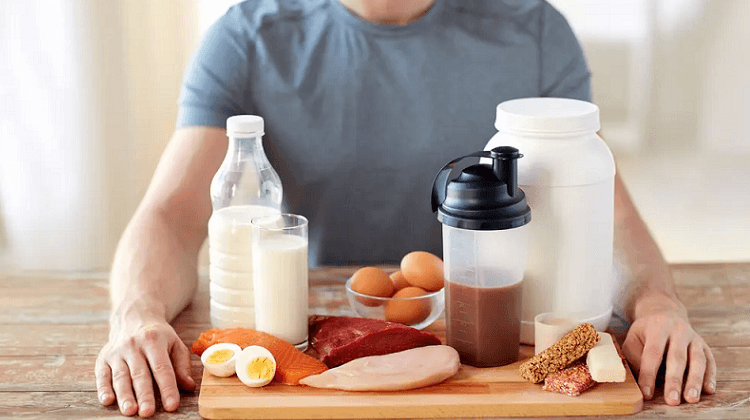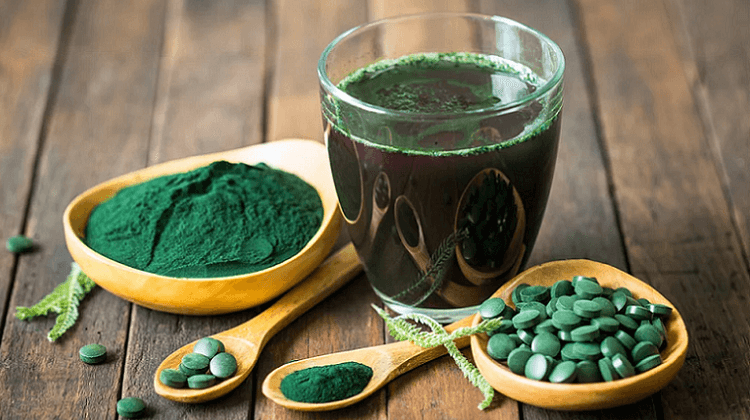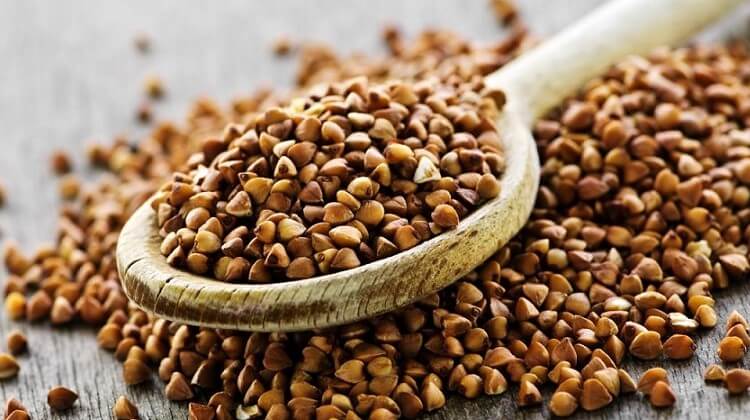If you want to gain muscle mass, you need to consume protein for bodybuilding on a daily basis, regardless of your preferred dietary choices.
Everyone, whether they’re following the paleo diet, a vegan diet, or a macro counting diet, needs protein. Weight training and protein consumption go hand in hand. While protein powders are fantastic, they shouldn’t be your only source of protein. Dietary protein is essential for obtaining the full spectrum of amino acids and nutrients.
This article will reveal to you protein-rich alternative foods you can eat if you want to increase your protein intake, but don’t want to chow-down on meat products to lose weight and build muscle mass at the same time.
We provide the ultimate list of high alternative protein foods for any diet to help you gain muscle, curb your appetite, and prevent your taste buds from growing bored.
The Role Of Protein For Bodybuilding
To maintain good health, you need a diet rich in all three macronutrients: protein, carbohydrates, and fat. Because it contains amino acids, protein plays a pivotal role in the development of muscle mass during weight training. Protein intake and an amino acid-rich diet have been shown to boost protein synthesis, which in turn aids in lean muscle growth and muscle recovery.
For bodybuilders, protein isn’t an option, but a requirement and necessity. Protein is essential for all bodybuilders, and should never be ignored in any diet.

Benefits Of A Protein-rich Diet
The amino acids obtained from protein consumption have been shown to promote the following gains in muscle mass and strength:
#1. Protein Synthesis:
During this phase, your body is actively synthesising muscle protein, the building block of lean tissue. Muscle growth is stimulated by anabolism, or the creation of muscle tissue, and is supported by anabolism and protein synthesis. The primary stimuli for protein synthesis are physical activity and dietary protein. Protein and amino acid rich diets have been shown to boost protein synthesis.
#2. Growth Hormone:
Production and secretion of growth hormone are additional crucial steps in the process of gaining muscle mass. The best way to increase your growth hormone levels is with a well-rounded training program that emphasizes hypertrophy and adequate protein consumption, just as you would do to increase your protein synthesis. Several naturally occurring amino acids, including creatine and glutamine, have been shown in studies to stimulate an increase in human growth hormone levels.
#3. Growth In Muscle Mass:
The most well-known and desired protein benefit is undoubtedly the promotion of muscle growth. There is substantial evidence linking intense exercise, protein intake, and muscle gain. As mentioned above, the amino acids found within protein are the building blocks of muscle tissue, helping to support recovery and growth. The most notable amino acid for growth is leucine, which is a superstar nutrient for protein synthesis and avoiding muscle protein breakdown.

#4. Post-workout Recovery:
The discomfort caused by sore muscles prevents you from giving your workouts your all. You need to stay within that hypertrophy-focused range of sets and repetitions if you want to see optimal muscle growth. In the event of your muscles still being sore when you workout, you will be unable to engage in high intensity training. Research has shown that eating protein can help you recover from your workouts faster and with less muscle soreness.
#5. Prevents Catabolism:
Stopping muscle waste is as crucial as promoting muscle growth. The risk that your body will use your muscles for fuel is increased by things like long periods of inactivity between workouts, training while fasting, and low-calorie diets (shredding). Consuming a diet rich in natural protein in addition to food supplements can help prevent muscle breakdown (catabolism). So, protein essentially shields muscle tissue from damage.
Why Protein from Non-meat Source is Great For You
To get the complete amino acid profile your body requires from plant or vegetable-based proteins, they must be combined in a meal. Vegetable proteins are a great protein source because they can help you cut back on unhealthy fats and cholesterol. Among the most frequently cited examples are legumes, nuts, and soy.
Textured vegetable protein, a fibrous form of vegetable protein, is another excellent option. Note that proteins in soy flour are extracted to make textured vegetable protein.
Meatless alternatives like veggie hot dogs, burgers, and chicken patties rely on textured vegetable protein because of its ability to mimic the texture and flavor of real meat. It is a good source of vegetable protein with few calories and no fat. Phytochemicals, vitamins, iron, and fiber, all of which are highly valued in any diet, are also provided by vegetable protein sources.
Protein for Bodybuilding: 7 Non-meat Alternative Sources
If you want to start your journey into substituting your meat-based protein diet with non-meat protein sources, the seven protein alternative foods for bodybuilding below are a perfect starting point for you today.
#1. Spirulina:
Spirulina is a highly nutritious meal. Phycocyanin, a plant-based protein, is present in this superfood. Evidence suggests it may protect the brain, reduce inflammation, alleviate pain, and even act as an antioxidant.

#2. Peanut Butter:
The high protein and healthy fat content of peanut butter makes it a viable option for vegetarians who are trying to meet their daily protein needs. Peanut butter has 2 to 3 grams of fiber per 2 tablespoon serving and up to 8 grams of protein.
#3. Brown Rice:
Brown rice is a good source of carbohydrates, fiber, and B vitamins, and a cup cooked contains about 5.32g of protein. Brown rice combined with legumes such as beans, chickpeas, or lentils can provide a vegan with all of their daily amino acid requirements in a single meal.
#4. Beans:
To those who follow vegetarian or vegan diets, beans are an essential food.
Per half a cup, you can find 8 grams of protein in kidney beans, black beans, and navy beans. Beans are also an excellent source of fiber and bone-healthy minerals like calcium, magnesium, and phosphorus, among others.
#5. Buckwheat:
Buckwheat is a type of grain or flour that comes from a seed. Buckwheat is sold in stores under various names, including kasha and groats. Buckwheat has 22.5 grams of protein per cup and is a good source of other nutrients such as carbohydrates, vitamins, and minerals.
People can substitute rice for buckwheat or use the flour to make protein pancakes, both of which are great additions to a plant-based diet.

#6. Quorn:
All Quorn products contain Quorn mycoprotein, a healthy protein that can be included in a diet that is both varied and complete. You won’t find any cholesterol or saturated fat in this dish, and the protein and fiber content is excellent.
#7. Soy:
Back in the ’60s and ’70s, when bodybuilders were looking for ways to save money without sacrificing quality, soy protein was a popular supplement. However, by the 1980s, it had fallen out of favor due to concerns over its high levels of isoflavones, compounds with estrogen-like properties. Soy protein-consuming test subjects grew as much muscle as their whey-consuming counterparts, according to research presented at the 2005 Experimental Biology conference in San Diego, California. Soy, like other bodybuilding staples like tuna and chicken, is also widely available, especially at natural food stores.
In Conclusion
Those of us who have given more than a passing thought to the topic of muscle development and maintenance have probably consumed more than our share of chicken, beef, eggs, and tuna, and the monotony of the routine is a real bore for most of us. While I realize that most of you eat for survival (or, more accurately, “eat to get jacked”), I think we can all agree that a little spice never hurts anyone. The good news is that modern society has access to a wide variety of protein sources, many of which are just as effective at building muscle as the tried-and-true classics. The protein alternatives mentioned in this post are tasty and healthy additions that can be incorporated into your diet on a regular basis. So start today, and draw closer to improving your general health and attaining your bodybuilding goals.


